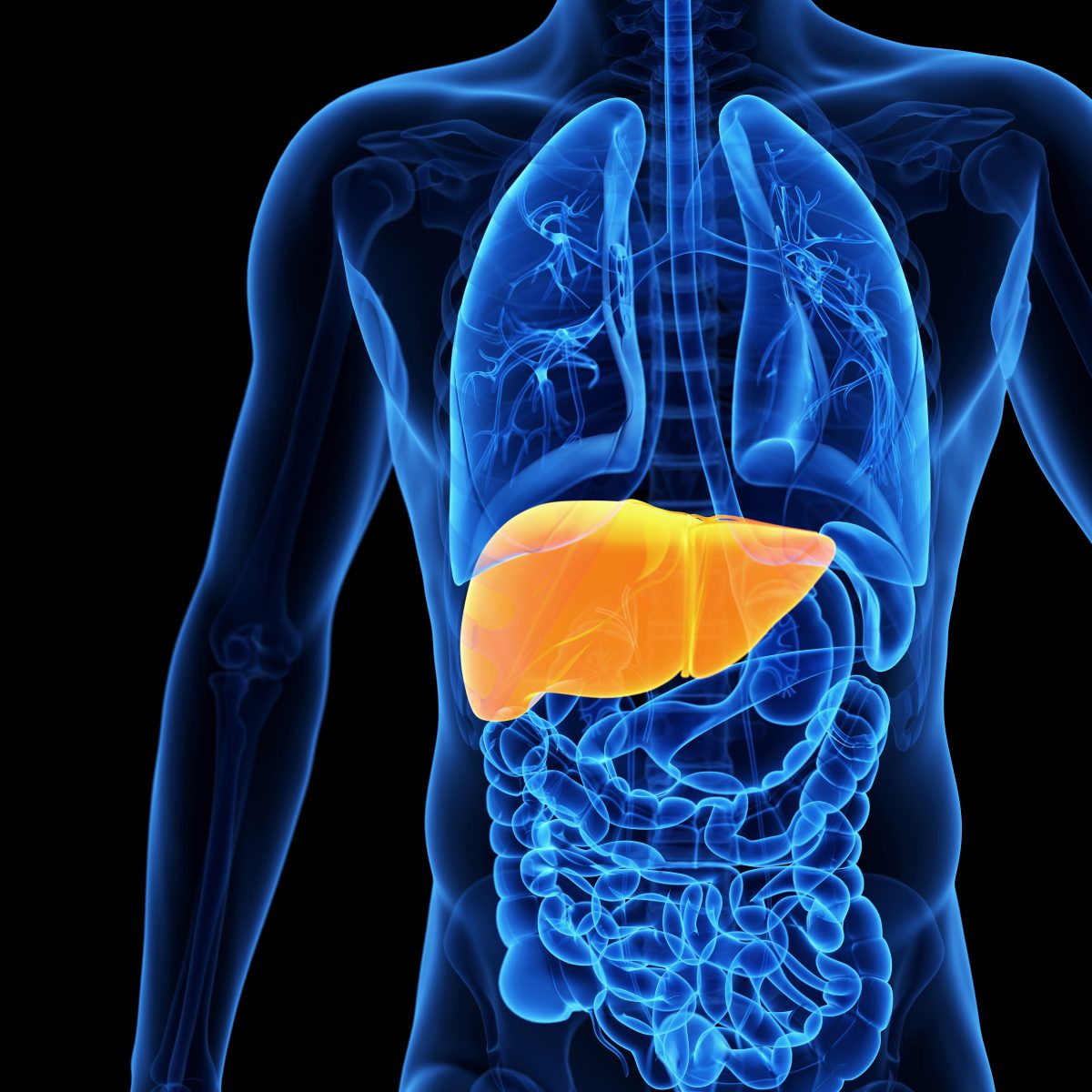Gilead Sciences, Inc. recently announced in a press release the promising results from several Phase 2 clinical trials assessing the use of Harvoni® (ledipasvir 90 mg/sofosbuvir 400 mg) and Sovaldi® (sofosbuvir 400 mg) in the treatment of chronic infection by hepatitis C virus (HCV) in patients with advanced liver disease. The findings will also be presented at The International Liver Congress 2015, 50th Annual Meeting of the European Association for the Study of the Liver, April 22-26 in Vienna, Austria.
Both Harvoni and Sovaldi are approved drugs for chronic HCV treatment in the United States. Harvoni is chosen for patients with HCV genotype 1, while Sovaldi (used in therapeutic combinations) has been proven to be effective in patients with HCV genotypes 1-4.
Patients with portal hypertension (increased blood pressure in the portal vein that carries blood from the digestive organs to the liver), decompensated cirrhosis (advanced liver disease characterized by liver fibrosis and scarring), and fibrosing cholestatic hepatitis C (a rare and severe form of HCV recurrence after liver transplantation) were included in the trials. “The patients included in these analyses are among the most difficult to both treat and cure and, until now, have had limited or no treatment options,” said Dr. Michael P. Manns, Professor and Chairman of the Department of Gastroenterology, Hepatology and Endocrinology, Hannover Medical School, Germany in the press release.
One of the clinical trials named SOLAR-2 (Study GS-US-337-0124, conducted in Canada, Europe, Australia and New Zealand), involved 328 HCV patients of genotype 1 or 4 with decompensated liver disease prior to liver transplant or with recurrent HCV infection after liver transplant. Patients were given Harvoni plus ribavirin (RBV; inhibits viral replication) for 12 or 24 weeks. Researchers found that of the 32 patients with genotype 4, 84% achieved sustained virologic response after 12 weeks and this response was linked to improvements in liver disease severity. Regarding side adverse events, patients reported headache, fatigue, nausea and anemia.
A similar trial, SOLAR-1, with the same drug combination and regimen as SOLAR-2 (comprising in total 659 HCV patients) but conducted in the United States, reinforced the safety profile of Harvoni plus RBV, where less than 3% of the patients discontinued treatment due to an adverse event.
Another study with a subset of HCV patients from the SOLAR-1 and SOLAR-2 trials showed that 11 patients with fibrosing cholestatic hepatitis C had 100% sustained virologic response after 12 and 24 weeks of treatment with Harvoni plus RBV, demonstrating the efficacy of this combination therapy.
The latest study (GS-US-334-0125) focused on 50 HCV patients with genotype 1-4, with cirrhosis and portal hypertension, and who were given 48 weeks of Sovaldi plus RBV initially or after a 24-week observation period. Researchers found that 72% of the patients achieved a sustained virologic response after 12 weeks of treatment. Data on hepatic venous pressure gradient (HVPG) at baseline and at the end of treatment was available for 37 patients. From these, 14 had a reduction of 10% or higher and 9 had a reduction of 20% or higher in HVPG at the end of the treatment, showing for the first time that antiviral agents can have a direct impact on HVPG.
“These data demonstrate that, even among these difficult-to-treat patient groups [with advanced liver diseases], sofosbuvir-based oral therapy offers the potential of high cure rates, improves outcomes and is generally well tolerated with a favorable safety profile,” concluded Dr. Manns.

